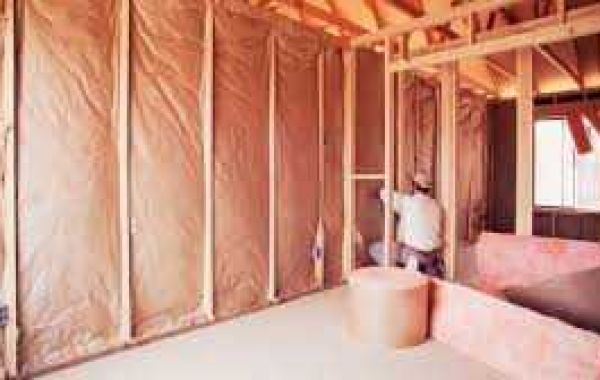Introduction to waterproofing and thermal insulation
Waterproofing is defined as the use of a waterproof material or group of materials on the external surfaces of walls and ceilings of buildings, in addition to other parts such as foundations that create a barrier that prevents water from penetrating through the pores of these surfaces. This type of insulation is often used in parts of the building exposed to high levels of moisture, such as even and basements that are located below street level, bathrooms, kitchens, green roofs, and so on.
Thermal insulation is defined as the use of a material or group of materials with specific properties that delay the transmission of heat currents flowing through the layers of walls and ceilings directly connected to the outside, in addition to floors or any parts that have a high thermal conductivity.
The best waterproofing material
There are many waterproofing materials used to protect buildings and structures from the harmful effects of water and corrosive chemical liquids, such as acids and alkalis, and the most famous of these insulators are:
Cement insulators: They are cement mixtures with low porosity, and are often made in internal corners that are constantly exposed to water, such as toilets and showers, and are characterized by being easy to prepare and low cost.
Coating films: They are durable layers of insulating coating made of asphalt mixed with polymers, applied in thin thicknesses by spraying, and soon transformed into a rubber membrane resistant to water seepage through the surfaces.
Bitumen paint: Also known as asphalt paint, it is one of the best waterproofing materials used specifically on concrete foundations, as this paint becomes hard after it is heated, but it loses its effectiveness and becomes more fragile when exposed to sunlight for a long period of time.
Foamed polyurethane: It is used in the form of a liquid foam film that is common in flat surfaces exposed to weather factors and in car parking lots.
The best heat insulating material
The selection of the appropriate material for thermal insulation depends on several factors, the most important of which are the initial cost, efficiency, durability, and its ability to form according to the surface, ending with the method of its installation. A wide range of commonly used thermal insulation materials are available, including:
Foamed polyurethane: It is one of the best options available in the market for insulating materials, and it is in the form of solid panels with good thermal insulation properties, low moisture permeability, and is resistant to water absorption as mentioned previously, and it can be manufactured in different shapes and sizes.
Expanded Polystyrene: They are plastic beads produced through the polymerization of styrene, which take the shape of a pearl, and are formed by extrusion and casting methods. , where it loses its efficiency and ability to isolate.
Expanded Perlite: Perlite is a rock of volcanic origin that contains silica and aluminum and is chemically inert. This material is considered to have good thermal insulation efficiency, but it contains grains that are entrusted with absorbing moisture, so they become less effective over time. Caution is advised during installation in facilities, as perlite dust is harmful to health and may cause poisoning.
TRANSLATED FROM:







